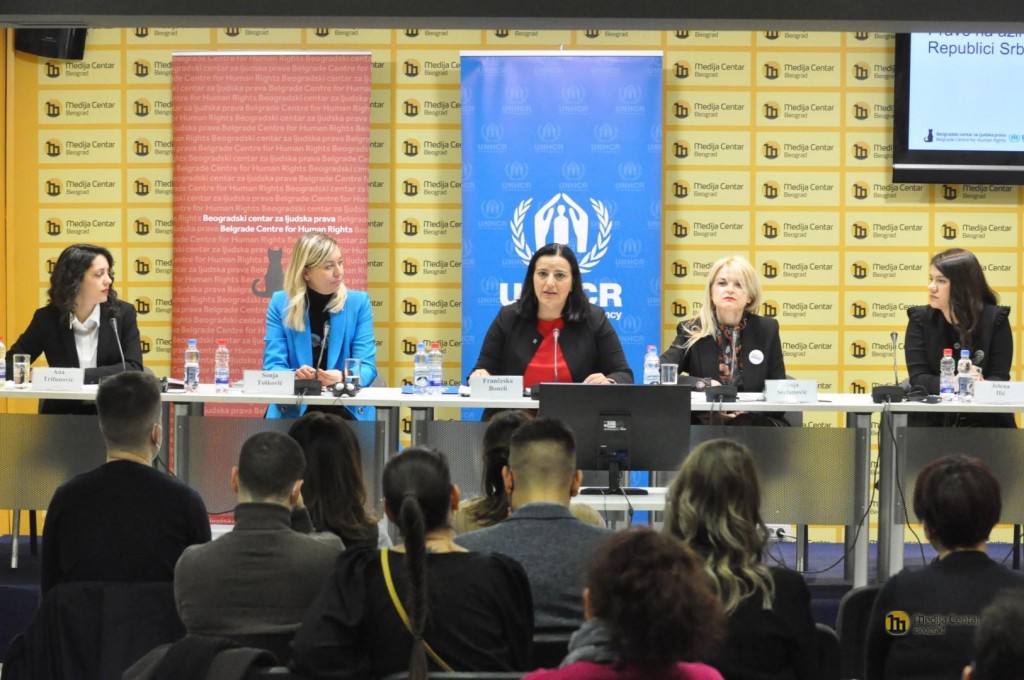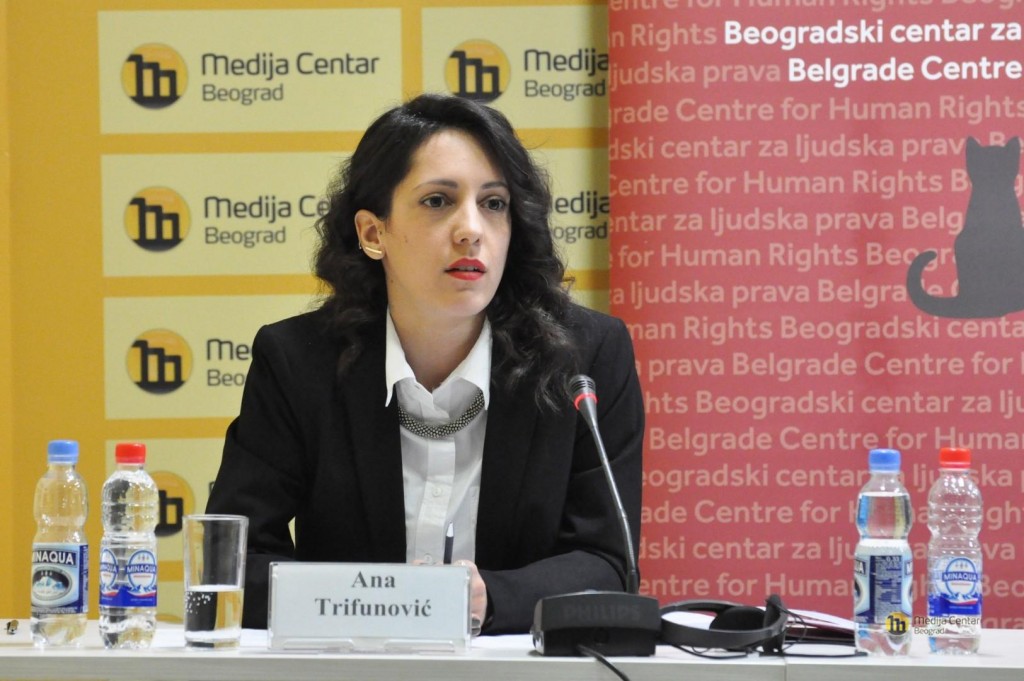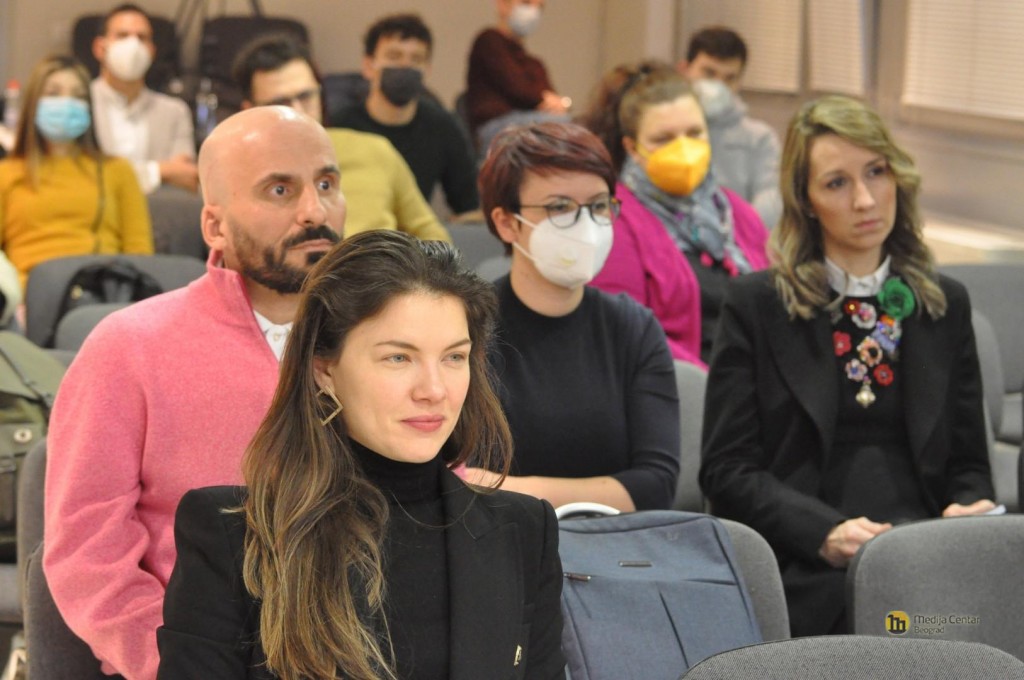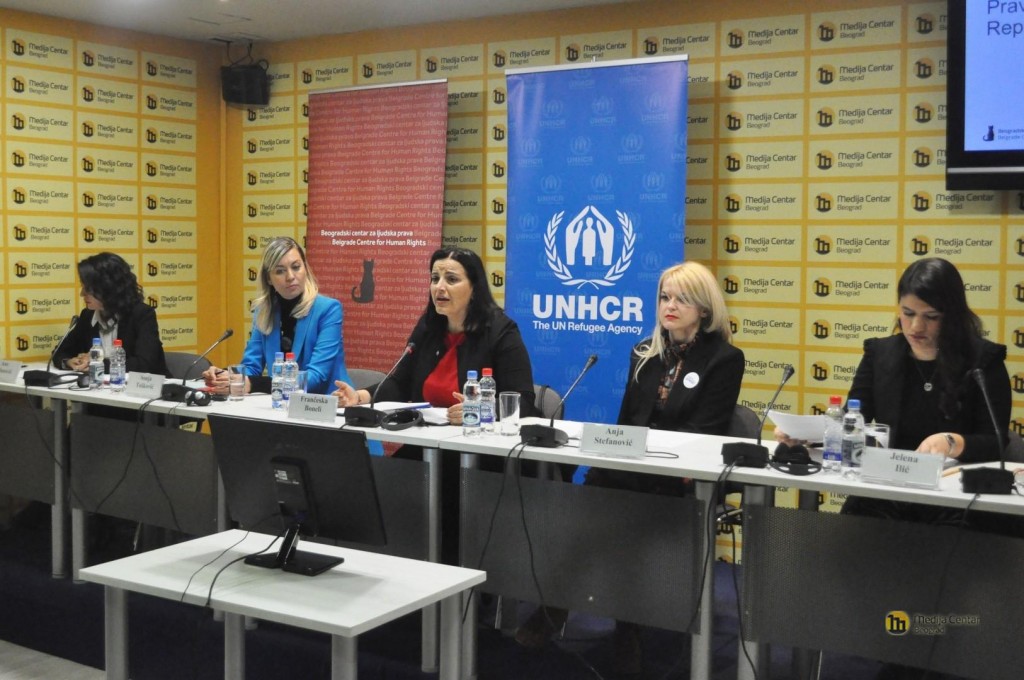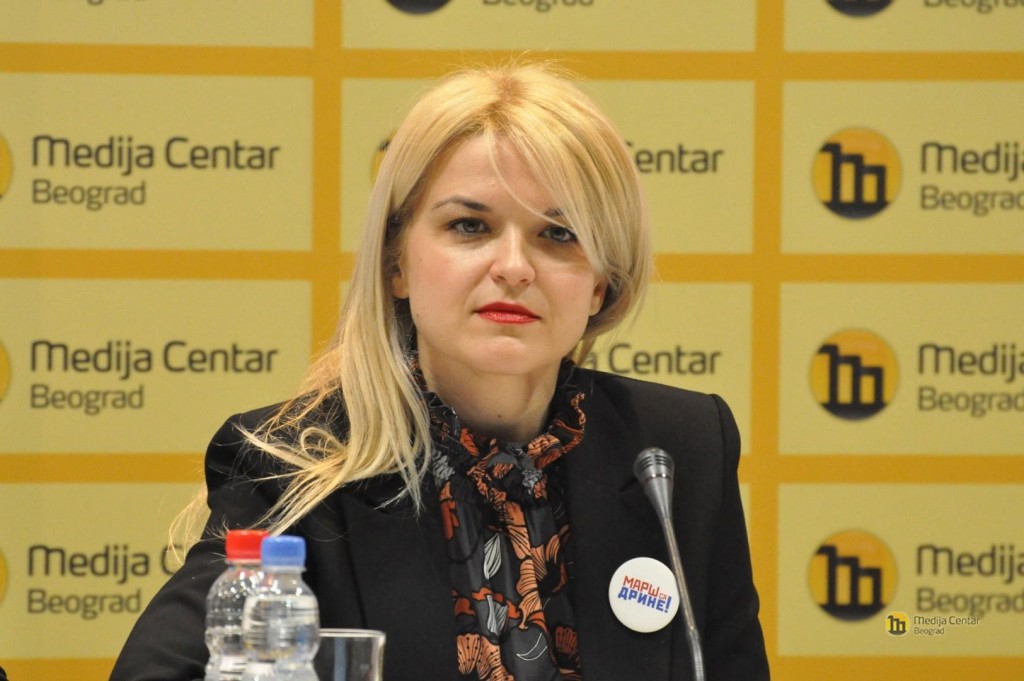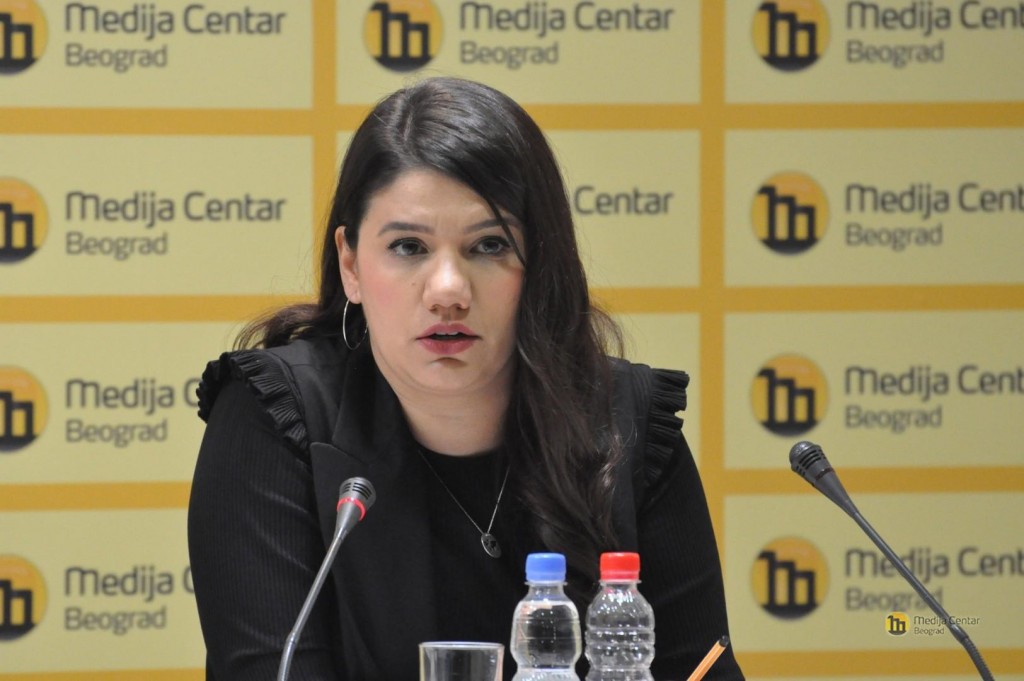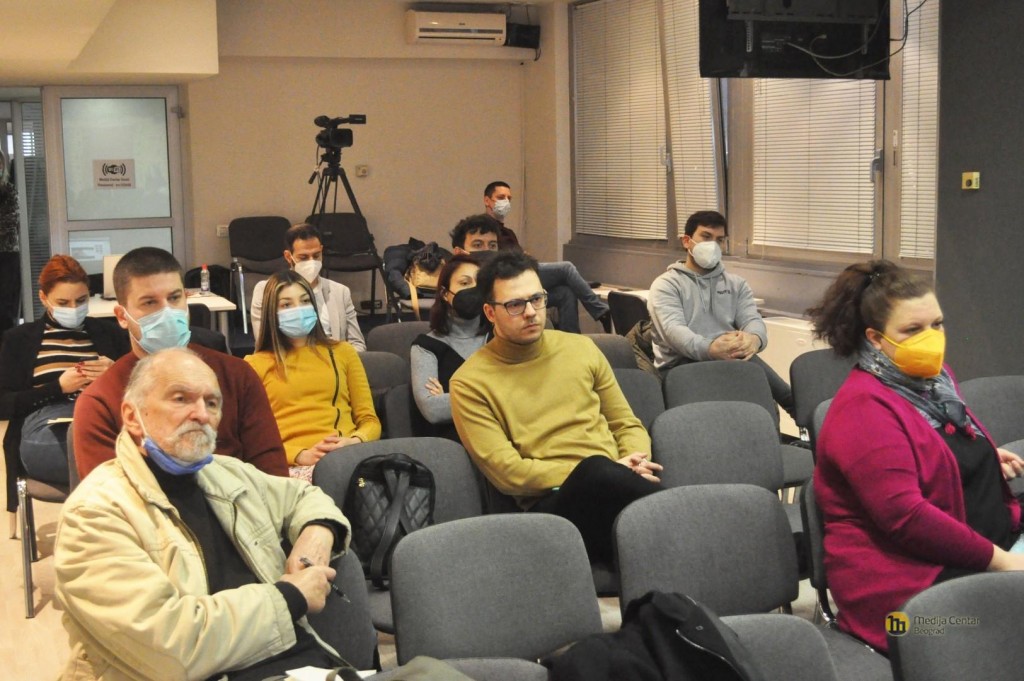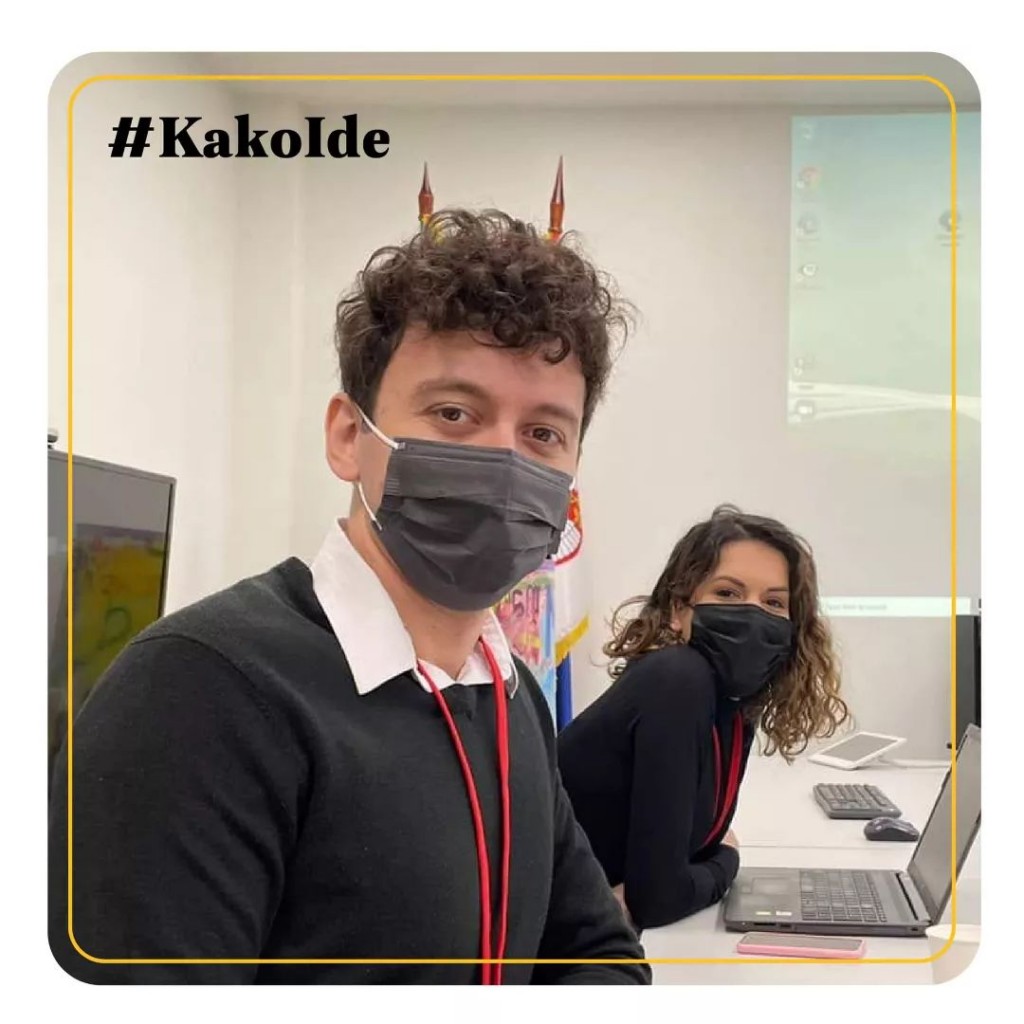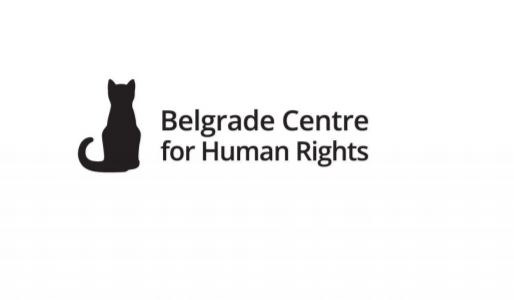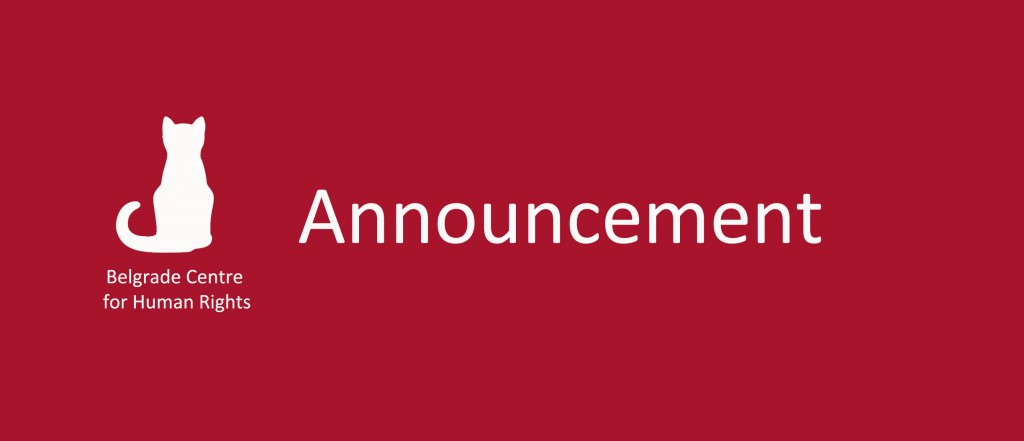Stop the aggression of the Russian Federation on Ukraine
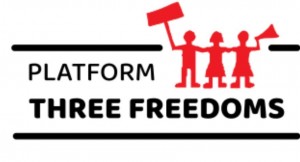 The organisations gathered around the Three Freedoms Platform fiercely condemn the aggression of the Russian Federation on Ukraine and warn that a blatant violation of international law norms is at hand. We call upon the international stakeholders and humanitarian organisations to do all in their powers to prevent further suffering of the civilian population, and upon the relevant institutions of the Republic of Serbia to contribute to that end, as well as to prepare for providing assistance to the people fleeing their homes. Also, we call upon the institutions of the Republic of Serbia to join other European countries and condemn the aggression of the Russian Federation on Ukraine. This is one of the important moments of the European solidarity and Serbia, if it wishes to be part of the European Union, must demonstrate that its shares the EU values.
The organisations gathered around the Three Freedoms Platform fiercely condemn the aggression of the Russian Federation on Ukraine and warn that a blatant violation of international law norms is at hand. We call upon the international stakeholders and humanitarian organisations to do all in their powers to prevent further suffering of the civilian population, and upon the relevant institutions of the Republic of Serbia to contribute to that end, as well as to prepare for providing assistance to the people fleeing their homes. Also, we call upon the institutions of the Republic of Serbia to join other European countries and condemn the aggression of the Russian Federation on Ukraine. This is one of the important moments of the European solidarity and Serbia, if it wishes to be part of the European Union, must demonstrate that its shares the EU values.
The organisations gathered around the Three Freedoms Platform voice their solidarity with the citizens of Ukraine and urge the leadership of the Russian Federation to respect the international humanitarian law, stop the civilian casualties, terminate the missile discharging and shelling of civilian facilities and immediately abandon the threat of nuclear attack against the whole world in order to attain its own goals.
We appeal to both sides in the conflict to protect journalists who report from the field. Unfortunately, the truth is the first victim of every war, and reporting in accordance with professional standards is crucial in such moments to protect human lives.
We call upon the institutions of the Republic of Serbia to do everything to provide humanitarian assistance to the population of Ukraine, to prepare for possible arrival of refugees from war-ravaged areas as well as to provide humanitarian and any other aid to the countries bordering Ukraine in order to prevent humanitarian disaster caused by the high influx of refugees.
Signatories:
- Autonomous Women’s Centre,
- A 11 – Initiative for Economic and Social Rights,
- Belgrade Centre for Security Police,
- Belgrade Centre for Human Rights,
- BIRODI,
- Catalyst Balkans,
- Center for Research, Transparency and Accountability (CRTA),
- Center for Cultural Decontamination (CZKD),
- Civic Initiatives,
- Helsinki Committee for Human Rights in Serbia,
- Youth Initiative for Human Rights,
- The Lawyers’ Committee For Human Rights (YUCOM),
- Independent Journalists’ Association of Serbia,
- New Optimism,
- Partners Serbia,
- Slavko Curuvija Foundation,
- Trag Foundation.








